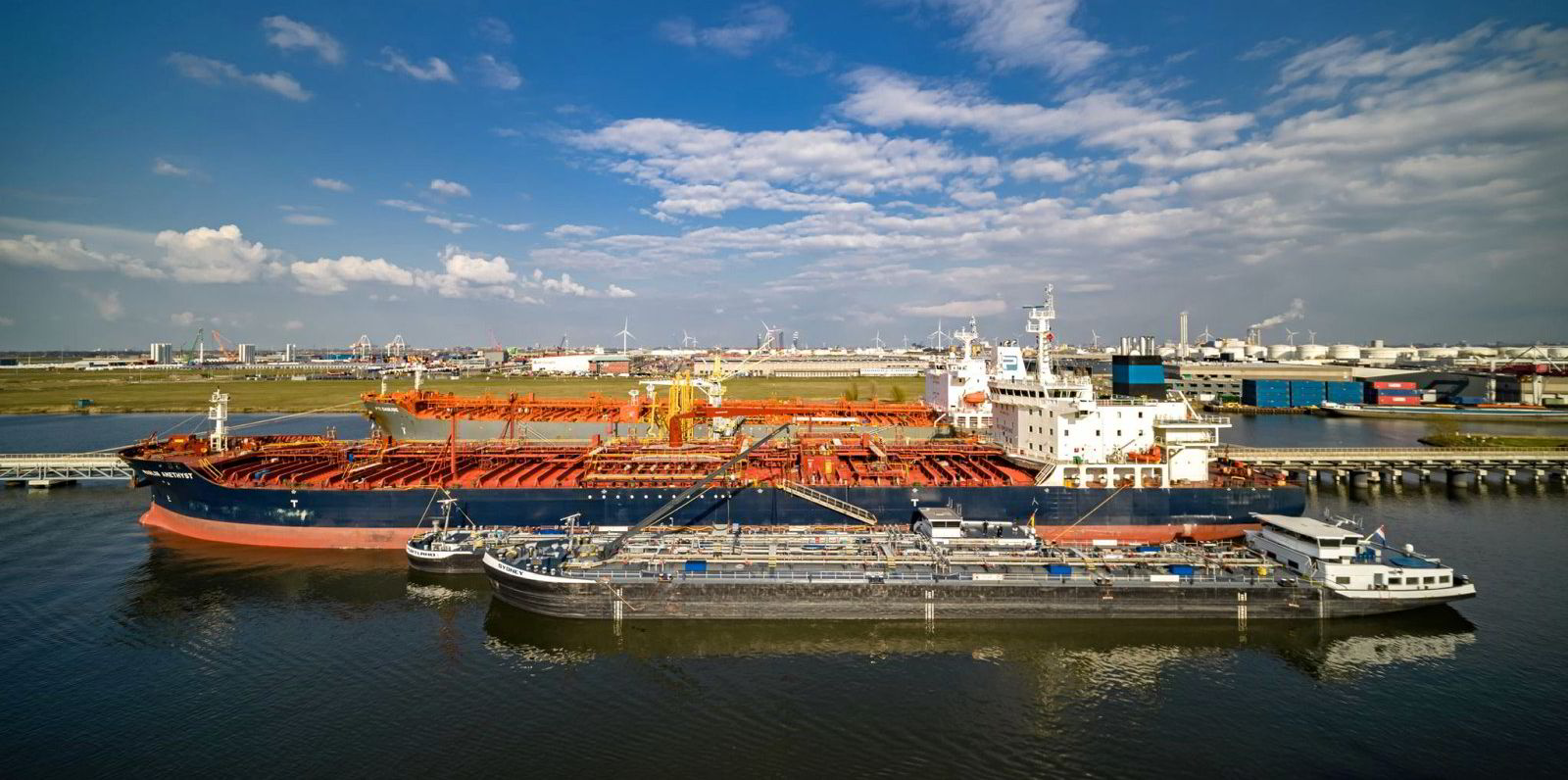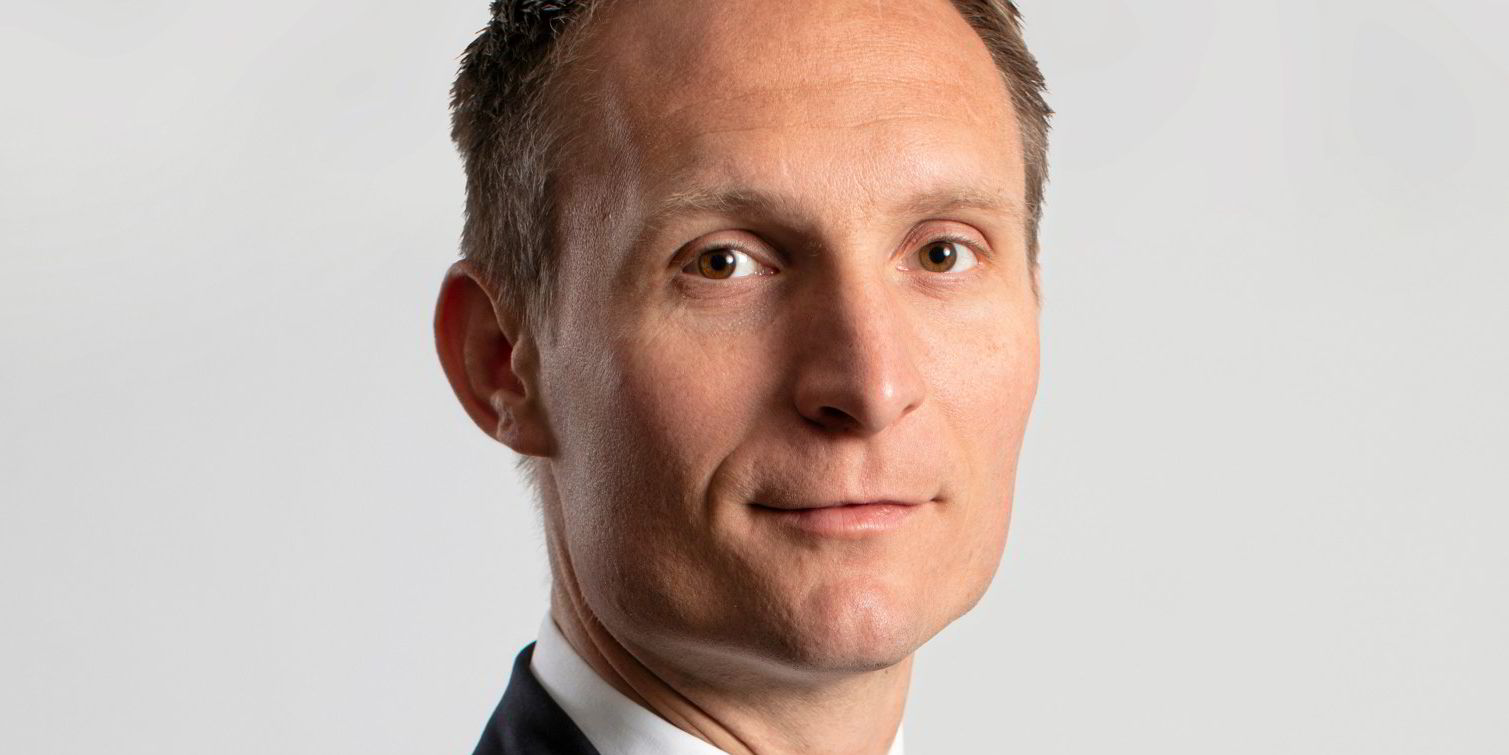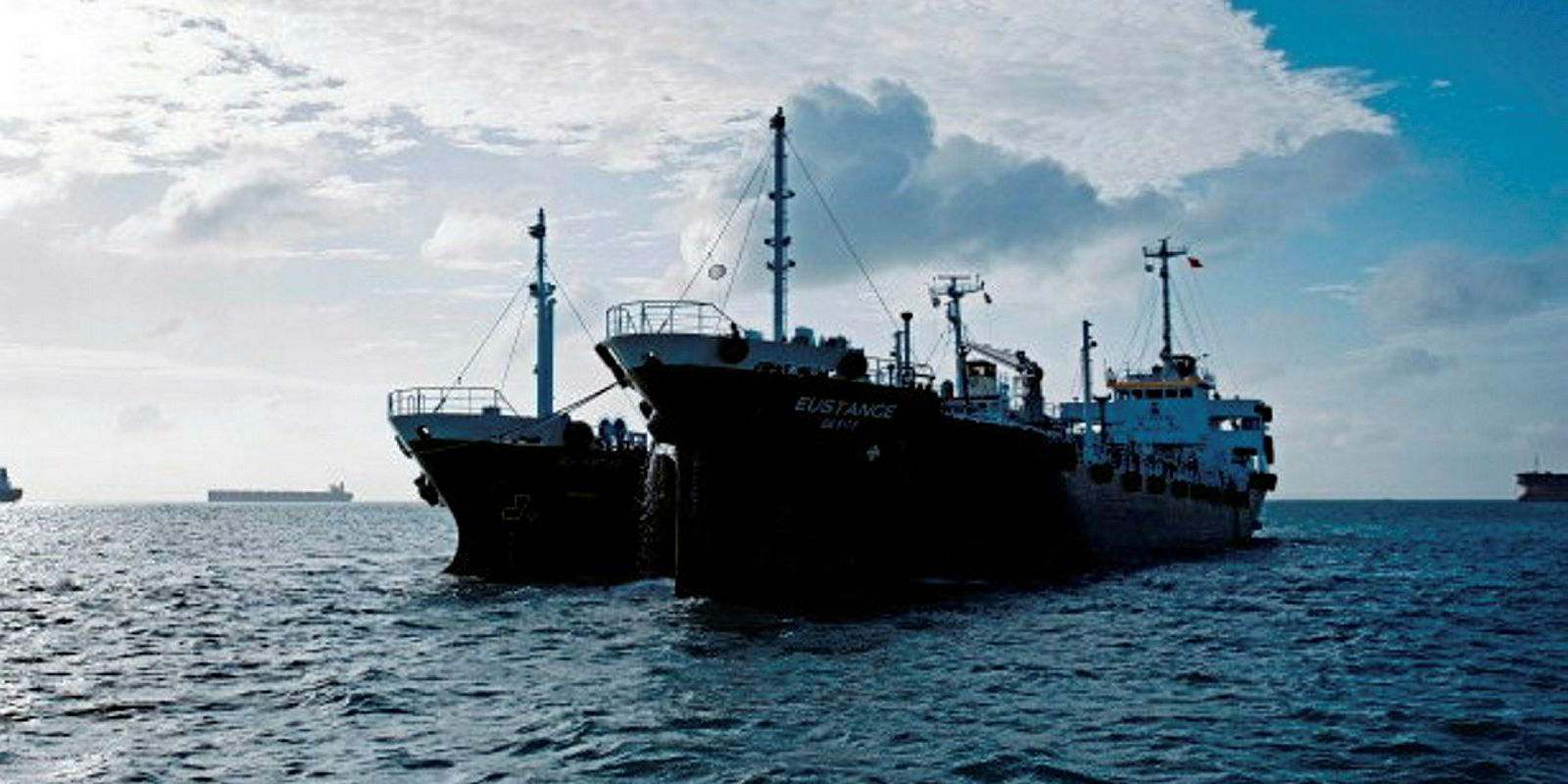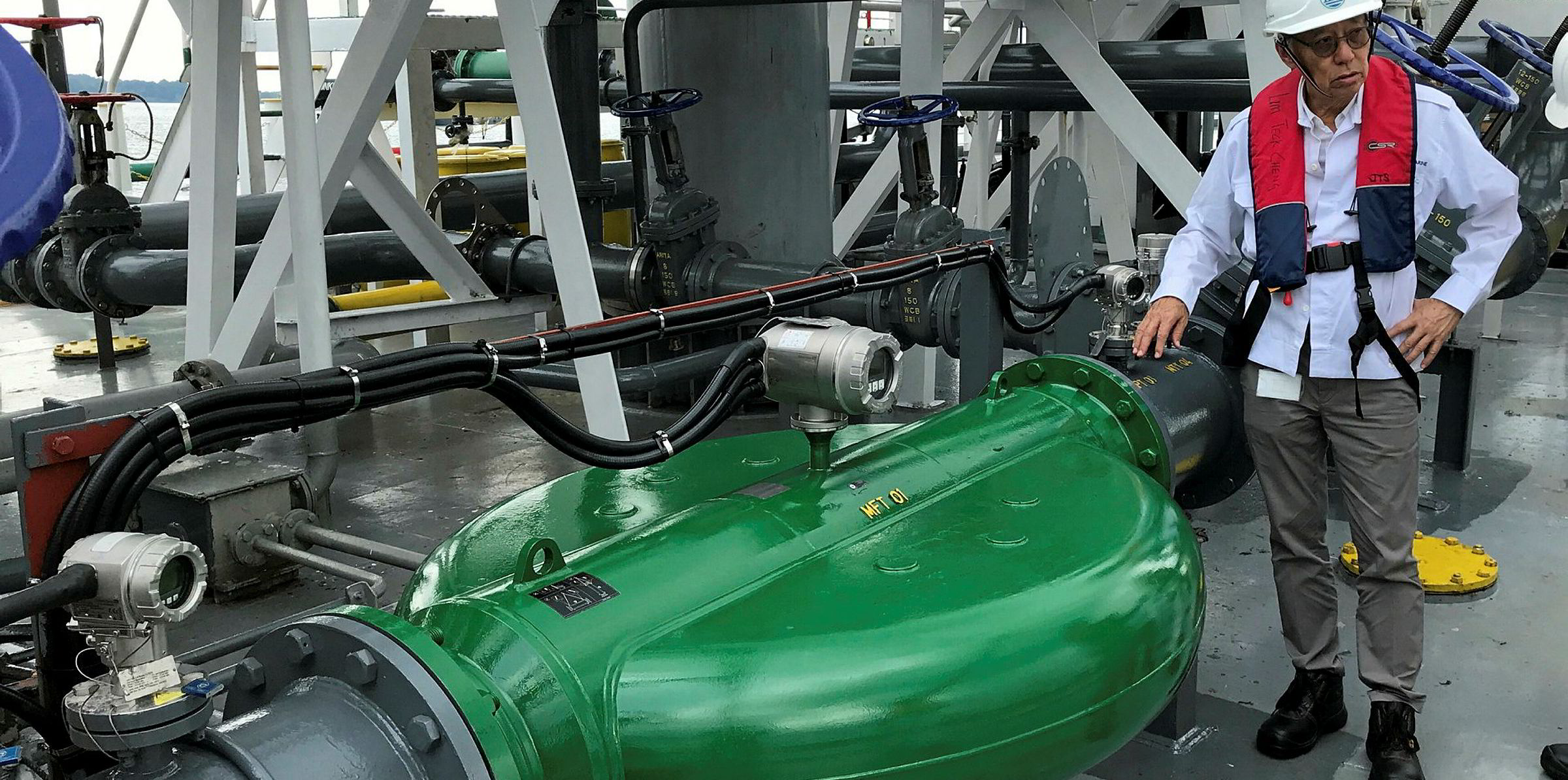TFG Marine, the joint venture between Trafigura and John Fredriksen, has called for the mandatory use of mass flow meters in bunkering operations in Rotterdam and Antwerp.
The bunkering industry provides more than 200m tonnes of marine fuel annually and the market is expected to be worth $165bn by 2030.
However, a study assessing bunker deliveries at Rotterdam and Fujairah, the world’s second and third-largest bunkering ports, found that reported very low sulphur fuel oil bunker volumes at these two locations resulted in $250m in operating losses for suppliers in 2021.
“Yet, despite its scale and the essential role it plays in supporting global maritime trade, much of the industry is still steeped in old-fashioned, outmoded operational practices,” said TFG Marine’s global head of bunkering, Kenneth Dam.
“There is a continuing lack of transparency in the way marine fuel is delivered. This has to change. It is commercially and reputationally damaging. It is holding back our industry and undermining its prospects for growth.”
Mass flow meters make use of the Coriolis effect to measure the flow of fluids and gases with a high degree of precision.
When fitted to ships, they produce computerised records of exact volumes delivered in real time. Both counterparties have access to the same data.
“When it comes to transactions, what you see is what you get. Supply shortfalls no longer happen,” said Dam.

Another big advantage is that the more detailed transaction data afforded by mass flow meters allows shipowners to analyse, monitor and improve their impacts.
“This is vital. The maritime industry has challenging decarbonisation targets and shippers need accurate fuel consumption data to calculate their greenhouse gas emissions,” Dam said.
“Without this, it becomes very hard to assess the effectiveness of decarbonisation initiatives.”
TFG Marine said more than one-third of its fleet already has mass flow meter technology; more of its barges will be equipped with it over the next two years. That compares with an industry-wide average of less than 1%.
TFG Marine said mandating mass flow meters was “transformative” for Singapore’s bunker industry.
“The experience of the Maritime Port Authority, which regulates the world’s largest bunker market, has already shown what can be achieved,” said Dam.
“In 2017, after painstaking work to introduce common standards, it mandated the use of mass flow meters for all bunker fuel deliveries within its jurisdiction.
“With analogue and manual processes increasingly consigned to the past, it is now viewed as the world’s most trustworthy bunker location.”
Dam said Singapore will continue to benefit from being a front-runner in bunkering technology, and it is time for “the rest of the world to follow suit”.





